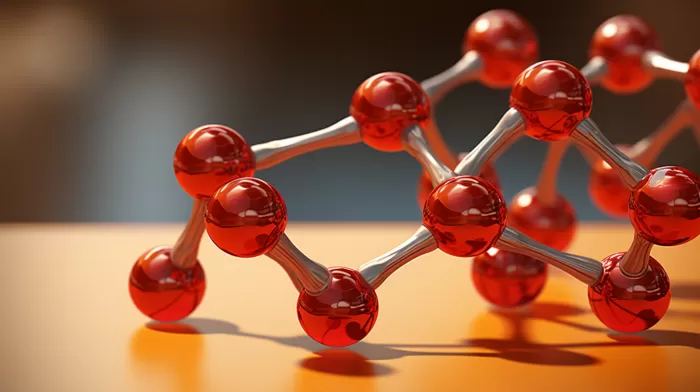Conventional medicine has long held the belief that testosterone levels are directly related to prostate cancer. Doctors often advocate for androgen blockage – preventing the production of testosterone – if a patient tests positive for prostate cancer. However, this approach runs counter to the fact that testosterone is a vital element in maintaining overall male health.
Low testosterone is linked to the aging process. Beginning at around age 35, testosterone levels start to decline. By the time a man is 70 years old, the majority of his testosterone is gone. Men who have diabetes, obesity, hypertension, or lung disease are at an even greater risk of low testosterone.
Recognizing the symptoms of low testosterone is essential, as it can have wide-ranging effects on your health. These symptoms can include low energy, chronic fatigue, low sex drive, poor-quality erections, loss of muscle bulk, and loss of muscle strength. Moreover, low testosterone is linked to an increased risk of diabetes, atherosclerosis (hardening of the arteries, including heart attacks or strokes), and weak bones.
The classic symptom of low testosterone is a low libido or low sex drive. Men aged 40 and above who experience a decline in their sex drive should first suspect low testosterone. Even if men around this age have no symptoms at all, they should be conscious of the fact that testosterone levels invariably decline with age, leading to negative health effects.
Many doctors remain unaware of the links between low testosterone and declining health. Medical professionals trained in establishment medicine may dismiss the importance of monitoring testosterone levels and equate testosterone with prostate cancer. This outlook may come at a cost to patients who require guidance on maintaining optimal testosterone levels to preserve their overall health.
To help counter this, it’s essential that men educate themselves about testosterone and consult with alternative healthcare providers as needed. One book I highly recommend is “Testosterone For Life” by Abraham Morgentaler, M.D. This work delves into the importance of testosterone and its effects on male health.
Ashwagandha: An Anti-Aging Tonic That Boosts Testosterone And Relieves Anxiety
Ashwagandha, also known as Withania Somnifera, is an Indian herb that has numerous health benefits. Its many positive effects have been documented by Kerry Bone, a renowned herbologist who leads the MediHerb division for the Standard Process Company.
Clinical trials have shown that Ashwagandha can reduce anxiety and extend lifespans. In a study where participants took 250 milligrams of Ashwagandha twice daily, significant reductions in anxiety levels were noted after just 60 days. The herb has also been found to reduce inflammation, decrease fasting blood glucose, lower cholesterol and triglyceride levels, and improve overall cardiovascular health.
In addition to these benefits, Ashwagandha has been shown to increase fertility in men. Clinical trials have demonstrated that the herb can boost testosterone levels and reduce levels of C-reactive protein and cortisol. These findings suggest that Ashwagandha can improve overall male health and wellbeing.
I have personally experienced the benefits of Ashwagandha after taking it for three months. I have noticed a significant improvement in how I feel, and I highly recommend giving this potent herb a try.
Ashwagandha is available in liquid extract form from many chiropractors and is offered by the Standard Process company. Additionally, you can find Ashwagandha capsules at most health food stores.
Maintaining optimal testosterone levels is crucial for overall male health and longevity. Educating yourself about the effects of testosterone and incorporating natural supplements like Ashwagandha can significantly improve your quality of life.



